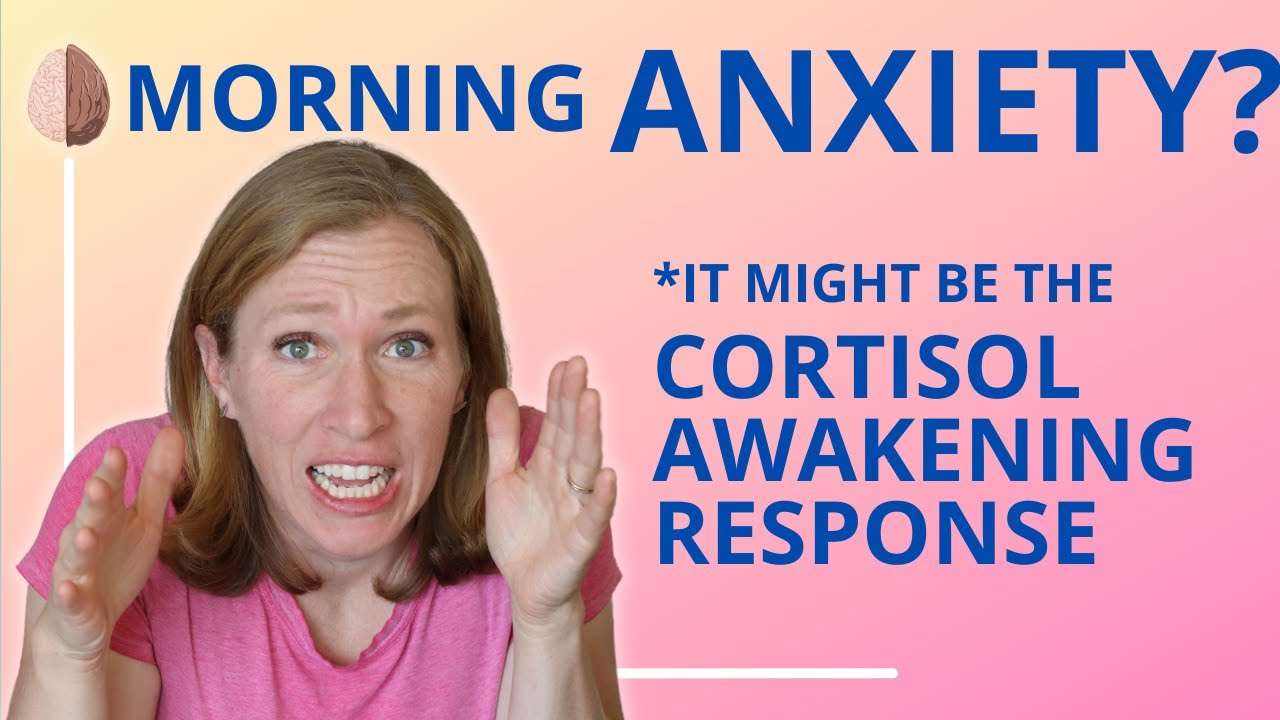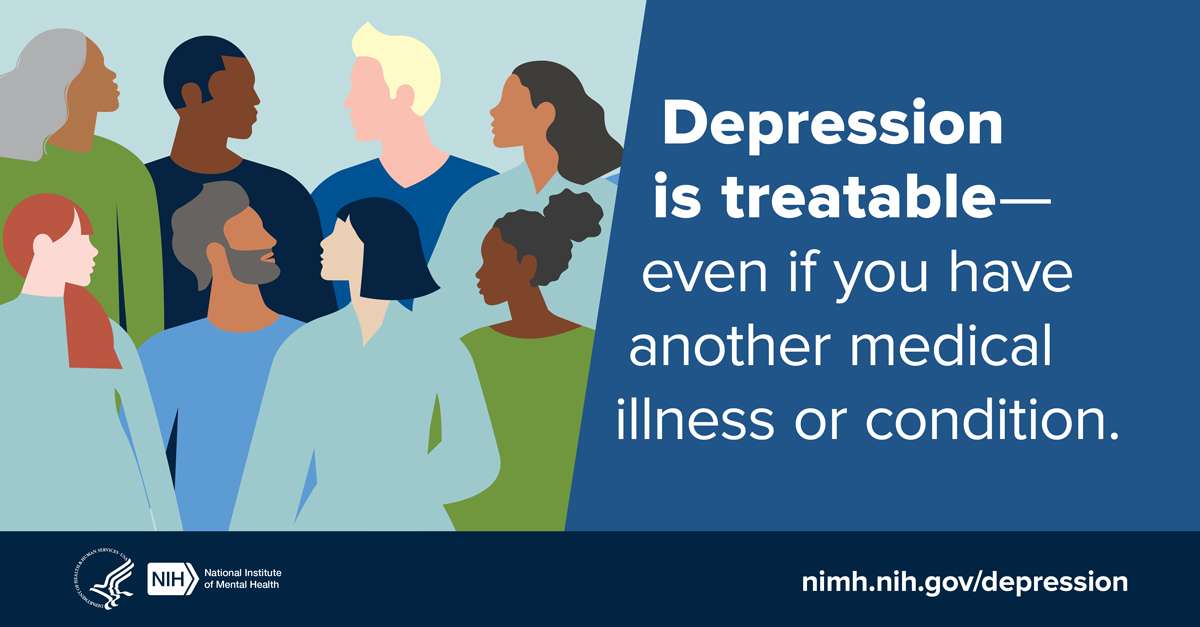The stress response is supposed to help you. It’s about performance and taking action, but it’s also supposed to be a short term reaction. It’s healthy for bursts of speed, but it becomes unhealthy when it’s chronic and the stress remains unresolved.
Take The Little house on the prairie story- they worried, they didn’t sleep, they took action, they did what they could to save the corn, some plants lived, some died, then they relaxed. Our body has a natural balancing reaction to the stress response- the parasympathetic response. But most of us don’t know how to turn it on. You can turn it on through grounding exercises or breathing exercises, but the most natural way is to simply complete a task. You feel worried about an assignment, then you turn it in. ahhhh.
This is one reason why coping skills can only go so far in helping anxiety- because anxiety is best Resolved by doing one of two things, either taking action to resolve the problem or threat or whatever it is or to practicing active acceptance letting go of the things you can’t change.
But in our virtual world, Even when we do complete a task or resolve a problem it can be hard to see the results, so find a way to acknowledge when you can “set a task down”. Make it concrete. I really like checklists, but there are lots of ways to Mark something off when you’ve completed it. You could use a physical button like Mike Boyd or Simone Giertz or give yourself some other physical, tangible way to celebrate your success.
This can be hard to do with long running stress or long term projects. But you can practice little skills to turn off stress. Something I learned from Michael Barrett, The director of the center for change-an ED tx center. Every day when I drive home from work I say a little prayer- Lord, I’ve done the best I can-they are now in your hands.
There are many ways to do this, but the basic idea is choosing when to carry something mentally heavy and when to set it down. So it could be as simple as turning off notifications on your phone or setting boundaries at work about when they can and can’t contact you.
When your job is mostly mental, emotional or virtual I also really find it helpful to choose something manual to complete. It can be really nice and relieving to see physical progress on a task.. So clean something, mow the lawn, fix something physical, there’s something about physical tasks and completion that seems to just click that aaahhh button, that parasympathetic response in our brain.
“I would just like to thank you for your amazing content and online courses. Thanks to your help I am no longer homebound by crippling panic and anxiety. I went out today into a busy town and was happy, I feel safe and liberated. I have shared all my progress with my doctor and she is ecstatic about my progress and will be recommending your courses to other patients struggling with mental health. I am medication free and happy for the first time in my life. The changes are long lasting and I now can get myself out of a low without going further down the rabbit hole.”
Episodes
The Brain-Gut Microbiome Axis and Its Impact on Mental Health
Your gut health directly impacts your mental health. From nutrient absorption that impacts the physical building blocks of the brain, to inflammation which can lead cytokines to damage the brain, to your microbiome which impacts your physical and mental health, your gut health is actually a huge contributing factor to your mental health. So in this video you’ll learn 4 1/2 ways to improve your gut health, which can improve your mental health. Looking for affordable online counseling? My…
Published 01/12/23
Therapy in a Nutshell
Published 01/12/23
Guided Walkthrough to Stop a Panic Attack
So, you’re having a panic attack? If you’re right in the middle of a panic attack, this video is for you.For many people, a panic attack feels like a lot of intense physical symptoms. Maybe your heart is pounding, you feel faint or tingly, you’re afraid that you’re going to pass out or have a heart attack. In this video we’ll walk you through how to know if it’s anxiety causing those symptoms and some practical steps to stop the panic cycle. Because you’re going to be ok. You are safe….
Published 01/05/23
Atomic Habits for Mental Health
FREE habit tracker: https://courses.therapyinanutshell.com/pl/2147583979Online Courses: https://courses.therapyinanutshell.com/?utm_medium=YTDescription&utm_source=PodcastWhy would I think a vitamin could improve mental health?The short answer- https://www.youtube.com/watch?v=3dqXHHCc5lAJames Clear’s Blog: https://jamesclear.com/marginal-gainsThere’s two ways to think about mental health, and I think a lot of people don’t realize they’re stuck in the first one. Most people believe…
Published 12/29/22
The Surprising Way Alcohol MakesYour Brain More Anxious with Amber Hollingsworth
Looking for affordable online counseling? My sponsor, BetterHelp, connects you to a licensed professional from the comfort of your own home. Try it now for 10% off your first month: https://betterhelp.com/therapyinanutshellCheck out Amber’s channel here: https://www.youtube.com/channel/UCT8PE1v0xFR9zLXOijxM6hgAlcohol use changes your brain chemistry in a way that makes you more anxious. It also changes how you think- which can make you more anxious. And when you’re drunk, you might do…
Published 12/24/22
How Genetic is Mental Illness Actually? Heritability Estimates for Mental Health and The Role Genes Play
If one of your family members has a mental illness, does that mean you’re more likely to have it too? Can you inherit a mental illness from a parent? If your mom has, let’s say, social anxiety disorder, and you do too, does that mean that she passed it down genetically or that because she didn’t take you out much, and you watched her being nervous around other people- that you learned to be anxious around other people?In this podcast we’re going to talk about heritability estimates- what the…
Published 12/15/22
Do Sounds Make You Anxious or Angry? Auditory Sensitivity Overlaps Anxiety and Mental Health
Auditory sensitivity can occur on a spectrum, where hyperacuity may be on the more severe end of the spectrum, and a dislike of loud noises can be on the less severe side of the spectrum. Auditory sensitivity can also be associated with sensory differences with autism, and it can stand alone- it can just be that you have really sensitive ears.Thanks to Dr. Lindsey Tubaugh for teaching me about treatment for sound sensitivities: https://littleheroeshearingclinic.com/Looking for affordable…
Published 12/08/22
Repressed Memories: Can You Forget About Trauma?
The idea of repressed memories goes all the way back to Freud, through the 90’s when therapists accidentally implanted people with false memories, through the courtrooms, and into today where the idea of repressed memories is still popular among lay people and controversial among therapists and researchers. So today you’ll learn three skills for better understanding lost memories, aka dissociative amnesia or repressed memories (or at least my opinion about it). The idea of repressed memories…
Published 12/02/22
9 Ways Grief Impacts the Body
Learn more about grief in this mini-course: https://courses.therapyinanutshell.com/grief/?utm_medium=YTDescription&utm_source=Podcast“Grief is unpredictable, and it will go wherever it finds an outlet. If it can’t be expressed emotionally, it may find expression in the body.” (136)Grief, like all emotions, isn’t just in your head; it shows up in your body in remarkable ways. But most people have never been taught what is common in the grieving process and how grief does show up in your…
Published 11/28/22
The 3 States of Anxiety or Trauma in the Nervous System
Looking for affordable online counseling? My sponsor, BetterHelp, connects you to a licensed professional from the comfort of your own home. Try it now for 10% off your first month: https://betterhelp.com/therapyinanutshellDo you ever feel hopeless, shut down, or walled off? Or do you get triggered and feel anxious, angry, or agitated? There are essentially 3 states of your nervous system: Ventral Vagal (Safe and social) Sympathetic (Fight or Flight) and Dorsal Vagal (Shut Down). Most…
Published 11/26/22
A guided Walkthrough for Getting through an Anxiety Attack
Check out my Free Course, Grounding Skills for Anxiety, Stress and PTSD here: https://courses.therapyinanutshell.com/grounding-skills-for-anxiety-stress-and-ptsdLooking for affordable online counseling? My sponsor, BetterHelp, connects you to a licensed professional from the comfort of your own home. Try it now for 10% off your first month: https://betterhelp.com/therapyinanutshellLearn more in one of my in-depth mental health courses: https://courses.therapyinanutshell.comSupport my…
Published 11/17/22
The 6 Most Common Types of Intrusive Thoughts
Learn to drop the struggle with intrusive thoughts in Dr. Kat Green’s online course: https://courses.therapyinanutshell.co…What are intrusive thoughts? Intrusive thoughts are words or images that pop into your mind unwanted, they’re often disturbing, they have little to do with what you’re doing or with reality, and the thoughts that are distressing can seem really loud, demanding your attention. Even when other people tell you a thought isn’t true or it doesn’t mean anything, the thought…
Published 11/03/22
6 Thinking Patterns that Make OCD and Anxiety Worse
Check out the course, Taking Charge of Intrusive Thoughts, here: https://courses.therapyinanutshell.com/managing-intrusive-thoughtsOCD is caused by a combination of factors- genetic and biological(what’s going on with our bodies, including inflammation, nutrition, stress, etc), environmental (our experiences), and psychological- how we think. The way you think and act determines whether you feed or starve your OCD. In this video we’ll look at 6 types of thinking that feed OCD, they make it…
Published 10/27/22
3 Subconscious Reasons Why You Worry
Learn how to stop worrying with the online course Worry Free, taught by Nick Wignall- https://courses.therapyinanutshell.com/WorryFreeWorry isn’t something that happens to you, it’s actually something that you do, that you subconsciously choose to do, because it serves a function- your brain rewards you for it. And then it becomes a habit. If you want to learn how to worry less, you need to understand why your brain likes to worry, because that will free you to find a replacement for that…
Published 10/27/22
This Skill Treats Insomnia 80% of the Time
Learn more in one of my in-depth mental health courses: https://courses.therapyinanutshell.co…If you were to ask someone, “What’s causing your insomnia?” they might say something like: “my stress, anxiety, my brain won’t shut off”, maybe they think it’s their cat waking them up or they drank too much coffee or they watched a scary movie before bed. And granted, all of these things can mess with your sleep for a night or two, or more, but they aren’t the thing that causes chronic insomnia….
Published 10/24/22
Wait, What?! Depression is Not Caused by A Chemical Imbalance?
Here is the link to my “Change Your Brain” course: https://courses.therapyinanutshell.co…Despite 85-90% of people believing that depression is caused by a chemical imbalance, there is no evidence that a chemical imbalance causes depression or is associated with depression. A new meta-analysis by the University College London reviewed the evidence and made headlines this week.Check out my two unlisted videos on what causes depression: https://youtu.be/Tr1sOJn8Z1Y…
Published 10/17/22
The Myth of the Chemical Imbalance: What Causes Depression? (Lost Connections Summary Part 1)
For more ways to manage depression check out my course, Change Your Brain: 10 Natural, Research-Backed Ways to Improve Mental Health https://courses.therapyinanutshell.com/change-your-brainOr my other courses and free resources here: https://courses.therapyinanutshell.com/?utm_medium=YTDescription&utm_source=podcastA chemical imbalance is not “The Cause” of depression. We have been systematically misinformed about what depression and anxiety are”. This is the main idea behind Johann…
Published 10/13/22
How to Be Happy Part 3: Daily Habits of Happy People
Download the free Habit Builder here: https://courses.therapyinanutshell.co…You can learn the daily habits that happy people use to foster a lasting happiness. These are skills that you can develop. In this video we’ll talk about 14 daily habits that happy people practice to create more joy in their lives. I don’t know about you but the pandemic has seemed to make it harder to feel joy. We spend less time doing things with people we love, we stay home, a lot of people feel depressed,…
Published 10/12/22
How to Be Happy Part 2: Why American Self-Help Backfires
Download the free Habit Builder here: https://courses.therapyinanutshell.co…Want some help to be happier? My sponsor, BetterHelp, connects you to a licensed professional from the comfort of your own home. Try it now for 10% off: https://betterhelp.com/therapyinanuts…Researchers studied the question “Does trying to be happy actually work? If you decided to consciously work on being happier, would you actually be happier down the road? They asked this question in 4 different countries….
Published 10/11/22
How to Be Happy Part 1: 4 Steps to Be Happier in 1 Month
Download the free Habit Builder here: https://courses.therapyinanutshell.co…You can learn how to be happy. It’s a skill that you can develop. But trying to make yourself feel happy immediately usually backfires- either you end up just seeking momentary pleasures like food, drugs, buying stuff, hooking up, or distracting yourself…all of which can make your life worse in the long run. Or you end up putting so much pressure on yourself to be happy that you make yourself more stressed out and…
Published 10/10/22
4 Ways to Heal From Your Past (Traumatic Memories Part 2)
Check out my free course, Grounding Skills for Anxiety, Stress and PTSD https://courses.therapyinanutshell.com/grounding-skills-for-anxiety-stress-and-ptsdHere’s the thing about trauma, even though the event happened in the past- we work with trauma in the present moment. It causes pain in the present moment, it changes your nervous system in the present moment. The hurt isn’t just “in the past” it’s right here, in your body and emotions right now. In the last video we talked about 4 ways…
Published 10/06/22
5 Foods that Naturally Decrease Cortisol (The Stress Hormone)
Check out my Grounding Skills Course here: https://courses.therapyinanutshell.com/grounding-skills-for-anxiety-stress-and-ptsdManaging stress involves a lot of things, a healthy work life balance, good boundaries, sleep, exercise, but changing what you eat can also have a big impact on your stress levels, and that’s because what you eat impacts cortisol levels. Cortisol is known as the stress hormone, it is part of the activating energizing response in your body, and it triggers the fight…
Published 10/03/22
4 Ways Trauma/PTSD Distorts Memories
Check out my course, Change Your Brain: 10 Natural, Research-backed Ways to Improve Mental Health https://courses.therapyinanutshell.com/change-your-brainWhen you have a traumatic experience, your brain physically changes in structure and electrical activity. And one of the big symptoms that we see with Trauma and PTSD is changes in memory. There are 4 ways that traumatic memories differ from regular memories. In this video we’ll talk about how PTSD and trauma change your memories and 3…
Published 09/29/22
Overcome Social Anxiety | Medication and Therapy Options With Dr. Tracey Marks
Pre-order Dr. Marks’ book Why Am I So Anxious now: getyourpreorder.comSocial anxiety can be paralyzing, you may overthink everything you say or worry that everyone is judging you. Social anxiety can lead to avoidance of important events and social isolation which can lead to other problems in your employment or relationships. In this video, I’ve invited Dr. Tracy Marks to share her top tips for dealing with social anxiety. She’ll teach you two medication options for treating social anxiety…
Published 09/26/22
How to Stop an Anxiety Attack
Learn grounding skills for anxiety attacks in my free course: https://courses.therapyinanutshell.com/grounding-skills-for-anxiety-stress-and-ptsdAn anxiety attack, in my definition, is when you’re overwhelmed with stress, fear or anxiety, you may feel panicky or your anxiety is so strong and the physical symptoms are so intense that you can’t function very well. This video is going to teach you the psychology behind calming anxiety attacks and give you a ton of tools to try so that you can…
Published 09/22/22



